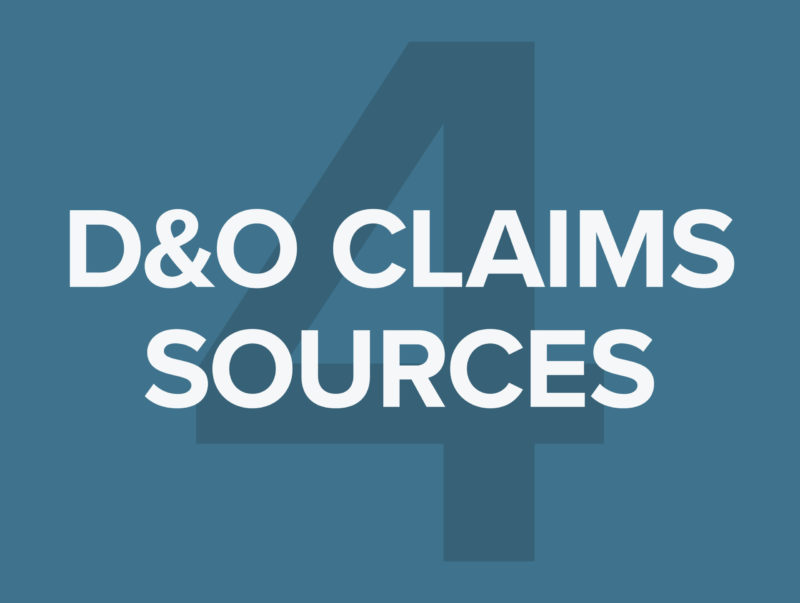What is fiduciary liability?
Fiduciary coverage protects a company’s designated retirement fund managers from allegations of irresponsibility. Having this specific role, it complements other policies but does not extend over them.
Who is a fiduciary?
Individuals or organizations who exercise authority or control over an employee benefit plan. Specifically, those responsible for investing, controlling or disposing of assets held by the plan.

Does my business need fiduciary liability?
Companies that provide benefit options, like pension plans, retirement accounts and health care coverage, to their workforce rely on a fiduciary to oversee these benefits plans.
Although the government requires that all employers secure the funds of their workers through fidelity bonds, they do not require that companies take any precautions against fiduciary liability. While some aspects of fiduciary risk could be covered by directors’ and officers’ (D&O) or commercial general liability insurance, this is rare. Fiduciary liability resembles these other forms of insurance, but resides in its own distinct category.
What does fiduciary liability cover?
ERISA liability protection
Under ERISA, a fiduciary is any entity or person that is responsible for the management of benefits plans. Per ERISA requirements, these individuals can be held liable for any breach of duties, errors or omissions. Fiduciary liability insurance is designed to protect plan sponsors and their employees from fiduciary claims.
Protection from common fiduciary claims
A number of parties, including employees, the Department of labor and the Pension Benefit Guaranty Corporation, can file fiduciary lawsuits. Claims can arise for a number of reasons, including administrative error, wrongful termination of a plan, improper advice and conflicts of interest.
Affordable coverages
While the cost of fiduciary liability insurance can vary greatly depending on an organization’s assets and the number of plan participants, coverage is generally affordable.
Specialty protection not found in similar policies
Companies often wrongfully assume that employee benefits liability (EBL) or directors and officers (D&O) liability can provide protection for fiduciary claims. While EBL insurance can defend against claims of errors in plan administration, it provides no protection for more expensive and complex ERISA violations. D&O policies also typically exclude EBL and ERISA related claims, making fiduciary liability a must.
Coverage beyond fidelity bonds
ERISA fidelity bonds are required by law and are meant to protect against plans against losses related to acts of theft or fraud. while these bonds are critical if someone acting as a fiduciary deliberately defrauds or steals from a plan, they only protect employee benefits and not a fiduciary’s liability. Specifically, fidelity bonds do not provide any form of payment for legal defenses or damages related to fiduciary claims, making finding the right policy crucial.
More management liability coverages
Directors and officers (D&O)
Covers losses caused by a director or officer’s alleged mismanagement or improper conduct.
Employment practices liability (EPLI)
Covers losses resulting from employment practices disputes, such as claims filed for discrimination, sexual harassment and wrongful termination.
Errors and omissions (E&O)
Covers losses resulting from negligent acts, omissions or errors.
Crime insurance
Covers losses resulting from employee or outsider criminal activity such as theft, fraud, forgery and employee dishonesty.


